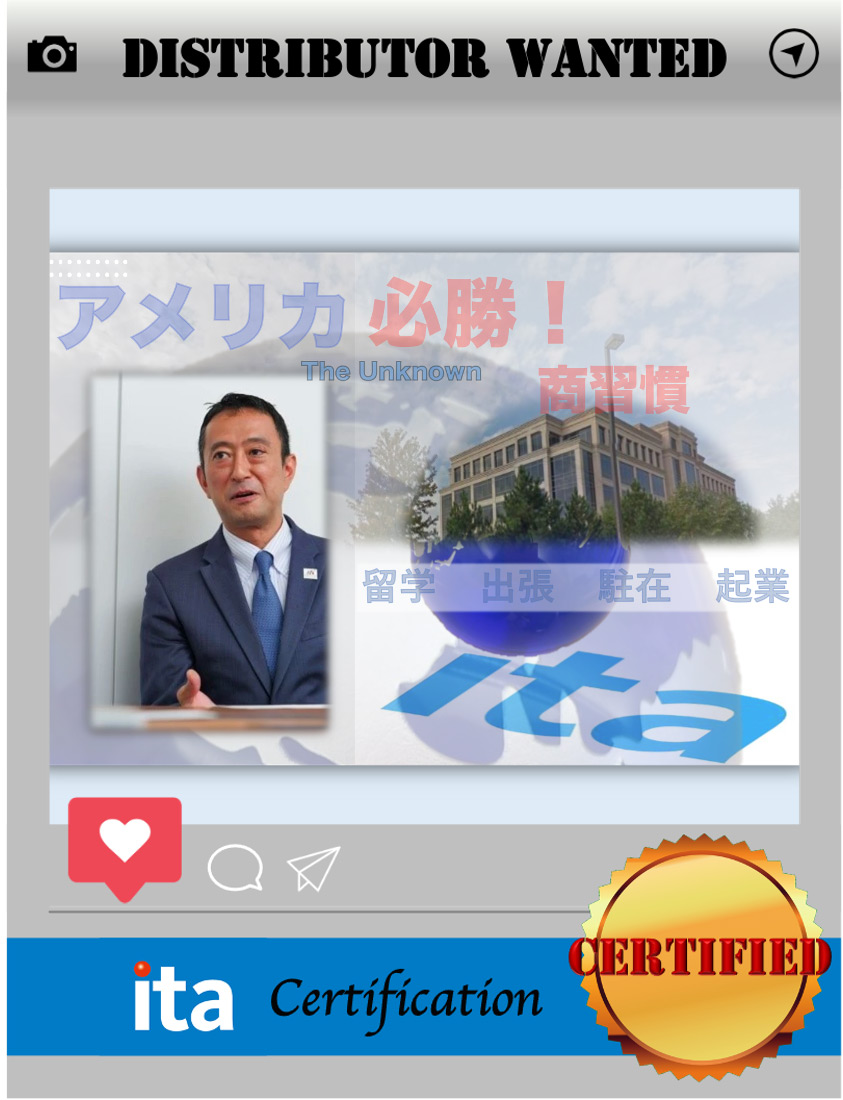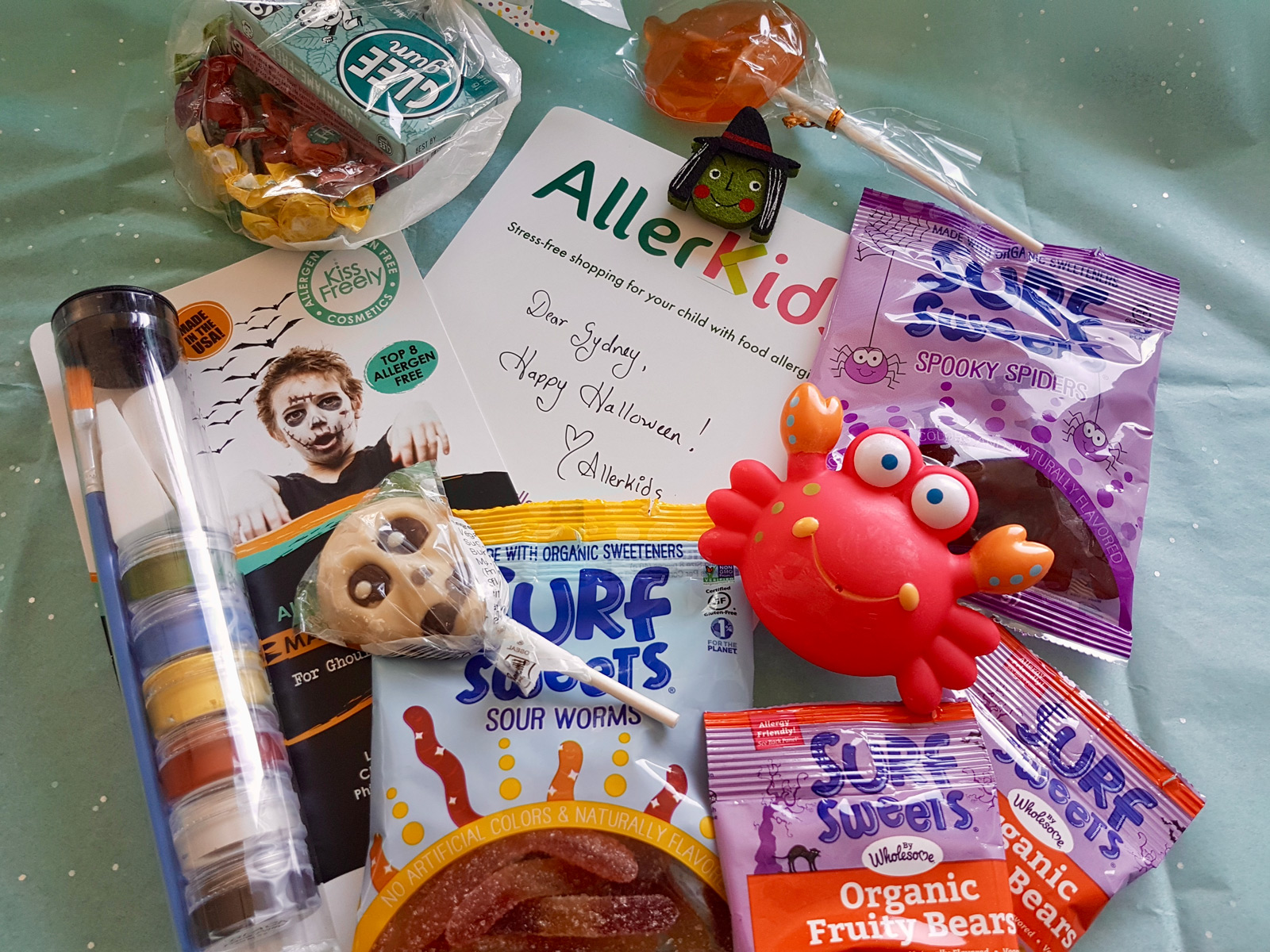#OurAAPIStories | CJB Group Expands for the Common Good
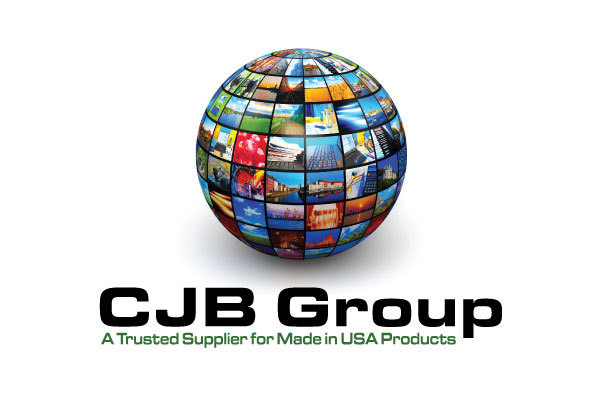
“Starting enables one to realize opportunities one wouldn’t normally realize.” This is a motto that Bryan Kim, owner of the family-startup CJB Group, stands by. Although the business originated as a coffee bean supplier to Asia, CJB Group has remarkably expanded to other industries such as agricultural wine, food, beverage, and now medical products such as PPE and the "OrCam MyEye" device which helps the visually impaired. Taking up opportunity after opportunity, this business has put in a great deal of effort to grow and push themselves all for the common good. Read below to learn more about their astounding expansion and the lessons they learned along the way.
CalAsian Chamber: What does it mean to you to be an AAPI business owner?
CJB Group: It's a privilege to uniquely be in a position to serve and help others in need. In our case, as we provide agricultural wine, food, and beverage, it's important to know we can make an impact and provide agricultural products that can provide healthy foods and nourish others locally and abroad.
CC: Tell us about your business.
CG: [sic] We are a family start-up business that initially offered coffee beans, now wine, food, and beverage from US suppliers to S. Korea and parts of Asia. Our business model is to strive in becoming a [business-to-business] mini platform for quality agricultural products from the US to our partners in Asia. We believe the global market is a blue ocean and we strive to build a business that's hopefully a generational business to offer more for less. We've expanded to include medical products such as PPE gloves, masks, and now a tech device that helps the visually impaired to learn information through their day-to-day common activities, having the device read-aloud text from medications, signs, websites, journals, people. It's enabling others to learn in a new innovative way to unleash information in an engaging way.
CC: How can the community support your business?
CG: [sic] We are always open to partners and businesses we can serve.
CC: What are you most proud of when it comes to your business?
CG: Getting started and progressing along the long and meaningful journey ahead. Starting enables one to realize opportunities one wouldn't normally realize.
CC: What words of hope can you give to other small businesses out there?
CG: Take time to learn, explore the competition, resources/partners/groups like the Asian Chamber of Commerce, learn from larger competitors how they market,
what systems they use, study the why of their business and focus on the consumer demand and their wants/needs and expectations. Ultimately the decision-makers and clients are consumers, businesses provide what's in demand.
If you're still thinking about what sector to go deep in, think of a 3 question formula:
- What product/industry is in high demand.
- Low supply.
- Will be in high ongoing growth (i.e. mobile commerce, healthcare, etc.) and can leverage one's own network, experience, talents, and interests - that's a winning formula.
Second, to have a network of mentors and influential groups to keep your pace and leverage to partner with Chamber groups to open new inroads and markets.
This blog is part of a larger campaign called #OurAAPIStories which is designed to amplify the experiences of AAPI business owners, leaders, and prominent figures in our communities. If you want to join our efforts and highlight these AAPI voices, use the hashtag #OurAAPIStories when posting on social media. Moreover, you can reach out to Janice at jgarcia@calasiancc.org if you would like to share your own story with us.
#OurAAPIStories | I.T.A. Inc. Builds Bridges Between the United States and Japan
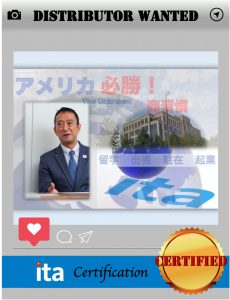
I.T.A Inc. is a unique business, serving as an exporter for various industrial and technological products across the country. Their business is vital to serving as a connection between Japan and the US, providing products that are cost and time-effective while also environmentally friendly. We at Cal Asian Chamber of Commerce proudly spotlight I.T.A. Inc for our shared values in supporting the AAPI community worldwide.
We took some time to get to know I.T.A. Inc. and what being an AAPI business means to them below.
CalAsian Chamber: What does it mean to you to be an AAPI business owner in CA during this pandemic?
Shin Kishioka: AAPI means diligent workers and owners - these are two great parts of training in our lives. There is a fair amount of high-tech, wellness, and ESG-related technology-based employees to serve and make meaningful contributions to our company as well.
CC: What words of hope can you give to other small businesses out there?
SK: We hope to leverage each other by strengthening our partnerships. We are looking for new products and technologies to market to the Japanese companies we work with. We also are looking to sell more Japanese products to US companies -- this is important to create opportunities for Japanese companies to work with the US, fulfilling a greater economy.
CC: How can the community support your business?
SK: If you are the distributors seeking new products, please let us know. We are constantly trying to find new distributor partners in the U.S. for the newcomers from Japan.
This blog is part of a larger campaign called #OurAAPIStories which is designed to amplify the experiences of AAPI business owners, leaders, and prominent figures in our communities. If you want to join our efforts and highlight these AAPI voices, use the hashtag #OurAAPIStories when posting on social media. Moreover, you can reach out to Janice at jgarcia@calasiancc.org if you would like to share your own story with us.
#OurAAPIStories| AllerKids is Transforming the Futures of Kids with Allergies
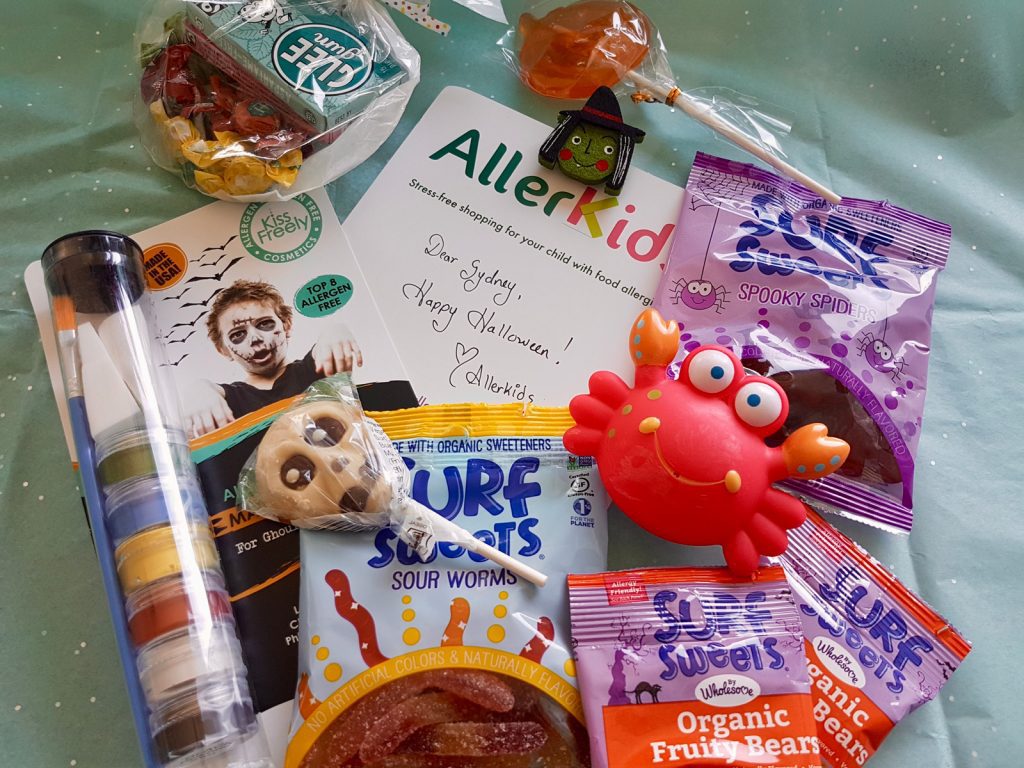
You may be surprised to hear that “one in 13 kids in the USA has a food allergy,” and “every 3 minutes a food allergic reaction sends someone to the ER.” Ishara Kotagama, CEO of Allerkids, was determined to change this troubling statistic. Inspired by her move to the United States and by her physician father, she started the online grocery store AllerKids to provide families with allergen-friendly foods. Kotagama has indeed experienced her share of tribulations with the pandemic, yet still managed to come out stronger than before. You can read more about her incredible resilience below.
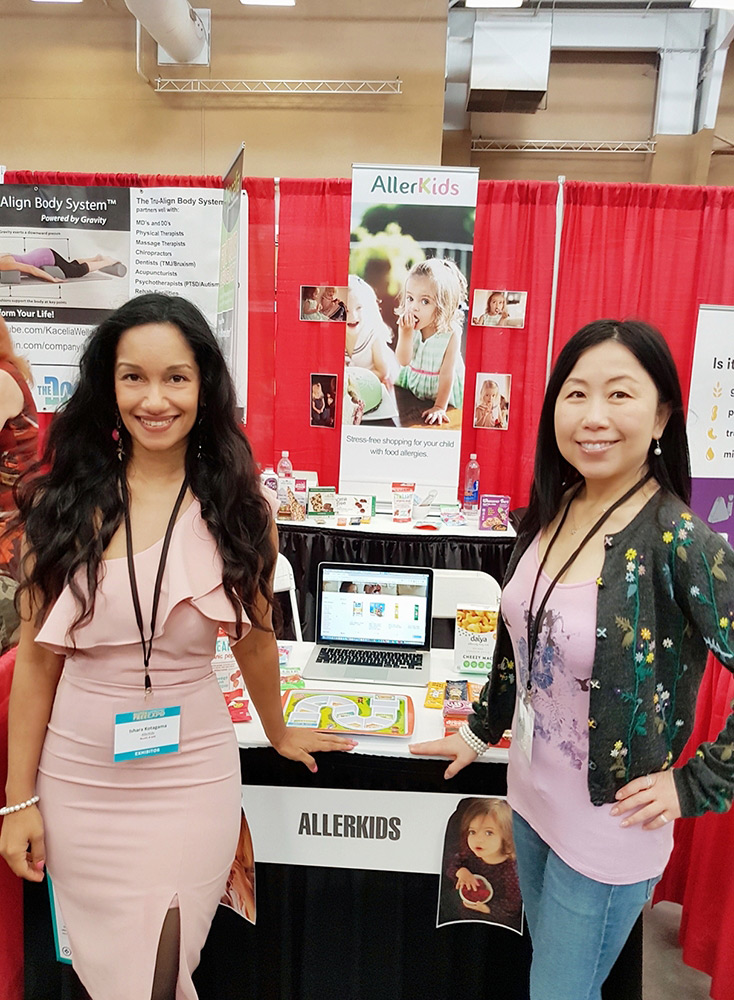
CalAsian Chamber: What does it mean to you to be an AAPI business owner?
Ishara Kotagama: I am so proud to be an AAPI business owner in the USA. I feel blessed to be one of the small businesses [that] could continue to serve the community during a time of uncertainty such as this pandemic.
CC: Tell us about your business (can include background how you started, what you sell/provide, etc.)
IK: AllerKids is an online grocery store that provides safe, allergen-friendly foods to parents caring for children with mild to severe food allergies.
After years of working in the corporate world, I felt something was missing. That pull to serve people was strong and I dug deep to find out how I could use my strengths and knowledge to do impactful work.
I grew up in Sydney Australia where healthy living was always at the forefront. When I moved to the USA I was fascinated [by] the pace of life, and [the] difference in culture. I wanted to immerse myself in its communities.
Influenced by my physician father, I felt drawn to public health. I was reading about preventable diseases affecting Americans when I stumbled upon statistics on food allergy prevalence in U.S children. The findings both intrigued and concerned me.
The rate of food allergies amongst children under 18 has increased by 50% in the past 20 years, with no known cause or cure. One in 13 kids in the USA has a food allergy, and every 3 minutes a food allergic reaction sends someone to the ER. Currently, there is no cure for food allergies, the only form of treatment is to avoid the allergen.
One of the truths I live by is the importance of equal opportunity for children so that they can develop in freedom and with dignity. I started to consider what I could do, in my capacity, to be of service to parents raising food-allergic children.
I attended medical conferences, spoke with allergists, learned about new research being conducted, and listened to mothers about their experiences. I created a Facebook page to post about food allergies and called it AllerKids. The page was really mostly for [me] to keep track of articles I was reading about the topic, but within a few days mothers were starting to Like the page. Sometimes I would get questions inboxed asking me whether I knew what to do about a rash their baby had, or questions pertaining to health insurance and food products.
It seemed to me that many of the moms were dealing with the issues pertaining to food allergies on their own and were quite isolated. I also realized that the number one pain point was sourcing a variety of safe and healthy foods.
As such Allerids.com was born. I reached out to many specialized vendors both local and international who had a proven track record for high standards and safety. Allerkids aims to continue to introduce a variety of safe foods from both local and international vendors. Currently, Allerkids has a community of over 40K parents across the nation.
CC: How can the community support your business?
IK: I think the most I can ask from the community is to try us out, and we welcome suggestions on how Allerkids can improve our offerings.
CC: What are you most proud of when it comes to your business?
IK: The proudest moments are when I feel the business is aligned with its core value of serving the community.
When a customer sends a photo of their child's ecstatic face after receiving a box of foods that they can safely enjoy, it's a joy. When interviewing parents who open up to tell their stories with the hope that it could help someone else in the community, it is truly humbling. Being able to touch lives even in some small way, makes every part of this work worthwhile.
CC: What words of hope can you give to other small businesses out there?
IK: Remember why you started. If you truly believe in what you are doing, no matter what comes your way, even if you have to move slowly, keep going. The power of resilience cannot be overstated.
This blog is part of a larger campaign called #OurAAPIStories which is designed to amplify the experiences of AAPI business owners, leaders, and prominent figures in our communities. If you want to join our efforts and highlight these AAPI voices, use the hashtag #OurAAPIStories when posting on social media. Moreover, you can reach out to Janice at jgarcia@calasiancc.org if you would like to share your own story with us.
#OurAAPIStories | Synder Filtration: A Tale of Adversity and Success
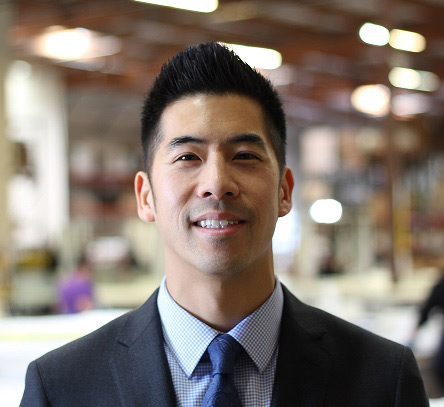
Being Asian American presents its many challenges especially amidst the pandemic. Jeff Yeh, President of the manufacturing company Synder Filtration, has taken his experiences facing these obstacles and turned them into a driving force to bring support and recognition to AAPI businesses, particularly for his own impressive family-founded company.
Synder Filtration is an excellent example of perseverance through hardship, well-deserved success in multiple industries, and community nurturing. Read below to gain insight into Yeh’s company involvement and get to know his story.
CalAsian Chamber: What does it mean to you to be an AAPI business owner?
Jeff Yeh: I grew up in Indiana and faced both casual and blatant racism from a young age. In fact, I remember clearly wishing that I was white because it would have been so much easier to fit in and avoid being picked on every day just because I was Chinese. In 1989, my family decided to expand our horizons by moving to Fairfield to start our manufacturing company, where we were welcomed by the Solano Economic Development Corporation. As a 10-year-old kid, my own perspective expanded as well. For the first time in my life, I saw other people who looked like me in school and started to believe that it was not only okay to be Asian, but that I was actually proud of it.
It has always been a challenge to be AAPI in this country and the pandemic has only magnified this with the scapegoating of Asian Americans and Pacific Islanders. In a time when many in our community are being attacked and made to feel like “we don’t belong”, it is extremely important to illuminate the significant contributions that AAPI businesses make to our local economies and communities. It’s important that we are seen for what we actually do, not just the labels that are projected onto us.
CC: Tell us about your business.
JY: Synder Filtration is a manufacturing company based in Vacaville, [CA]. We make polymeric membrane filters, which are used for the separation, concentration, and purification of many high-value products (basically we separate liquids on a molecular level). We are a completely independent family business with 65 employees and we got our start in the biotech field before expanding into other industries such as dairy, food & beverage, pharmaceutical and automotive.
CC: How can the community support your business?
JY: Currently, one of our challenges is finding good operators for production. As the economy reopens we are competing against other industries like construction to hire workers. Manufacturing creates the highest economic benefit per job for local communities of any sector by far, and we would like to work more closely with local school boards and work force development folks to promote the many exciting career paths in this field.
CC: What are you most proud of when it comes to your business?
JY: I am very proud of the fact that we have been able to build our company organically. We have no outside investors or operating debt and are fiercely independent as a result. This allows us to prioritize long-term investment in R&D, manufacturing advancements, and customer satisfaction over short-term gains. I am also proud that we did not lay off any of our team members due to the pandemic.
CC: What words of hope can you give to other small businesses out there?
JY: Know that you are not alone. We in the AAPI business community are in this together. Keep fighting. We have a real impact on our employees, customers, vendors and communities and we should hold our heads up high and be PROUD!
This blog is part of a larger campaign called #OurAAPIStories which is designed to amplify the experiences of AAPI business owners, leaders, and prominent figures in our communities. If you want to join our efforts and highlight these AAPI voices, use the hashtag #OurAAPIStories when posting on social media. Moreover, you can reach out to Janice at jgarcia@calasiancc.org if you would like to share your own story with us.
CalAsian Chamber Calls on CPUC to Prioritize Approval of Verizon TracFone Acquisition
In March of this year we placed an op-ed in Capitol Weekly urging the California Public Utilities Commission (CPUC) to move rapidly to approve the Tracfone acquisition by Verizon. We took this position because we believe strongly that this transaction will bring better choices, technologies, and options to lower income Californians and minority communities in the state as soon as it closes. Two months later, the deal has yet to be approved and we are once again calling on the CPUC to move forward. Any further delay in this transaction will only harm the lower income community and their communication needs during a pandemic, at the very time this essential communication technology is needed.
This transaction will serve to improve the competitive marketplace and allow customers free of long -term contracts to choose the best service that meets their needs and price concerns. The CPUC should move rapidly to approve the Tracfone acquisition by Verizon for the benefit of value-conscious customers who depend on a competitive pre-paid phone service. The Tracfone acquisition will improve competition for the consumer in California and provide access to the latest technologies such as 5G to lower income consumers, many of whom prefer to use prepaid services. Value-conscious consumers depend on a competitive pre-paid market to provide the best services at the most economical cost.
The CPUC has shown leadership in the past by fast-tracking this type of transaction to better serve the consumers of California, it should move quickly now with the Tracfone acquisition by Verizon as well. Swift action is needed to ensure our minority and rural communities get the benefits of this transaction as soon as possible. This is why the CalAsian Chamber recognizes the urgency of this issue and is calling on the CPUC to act now.

